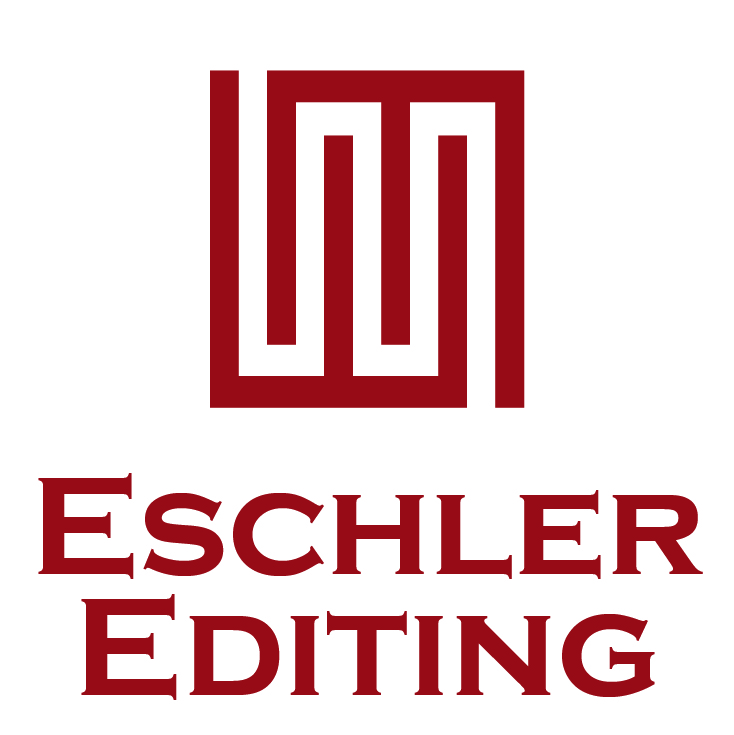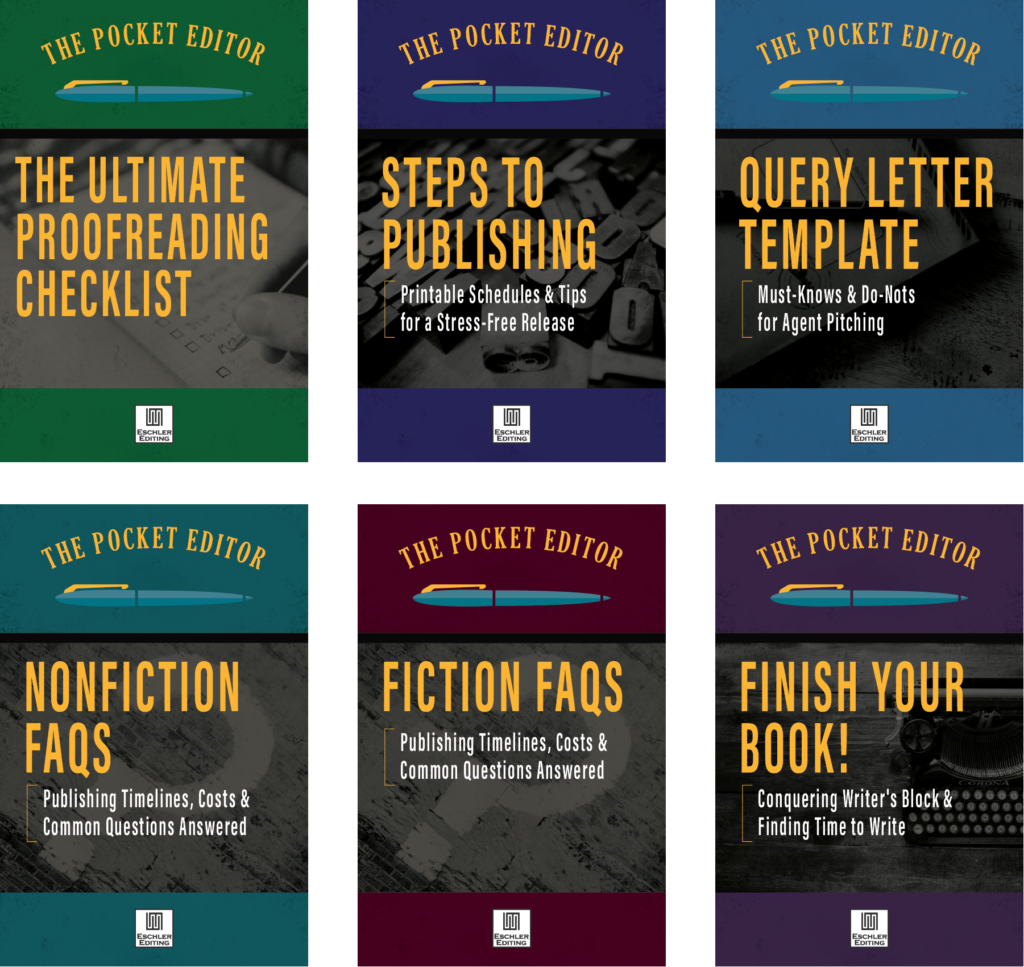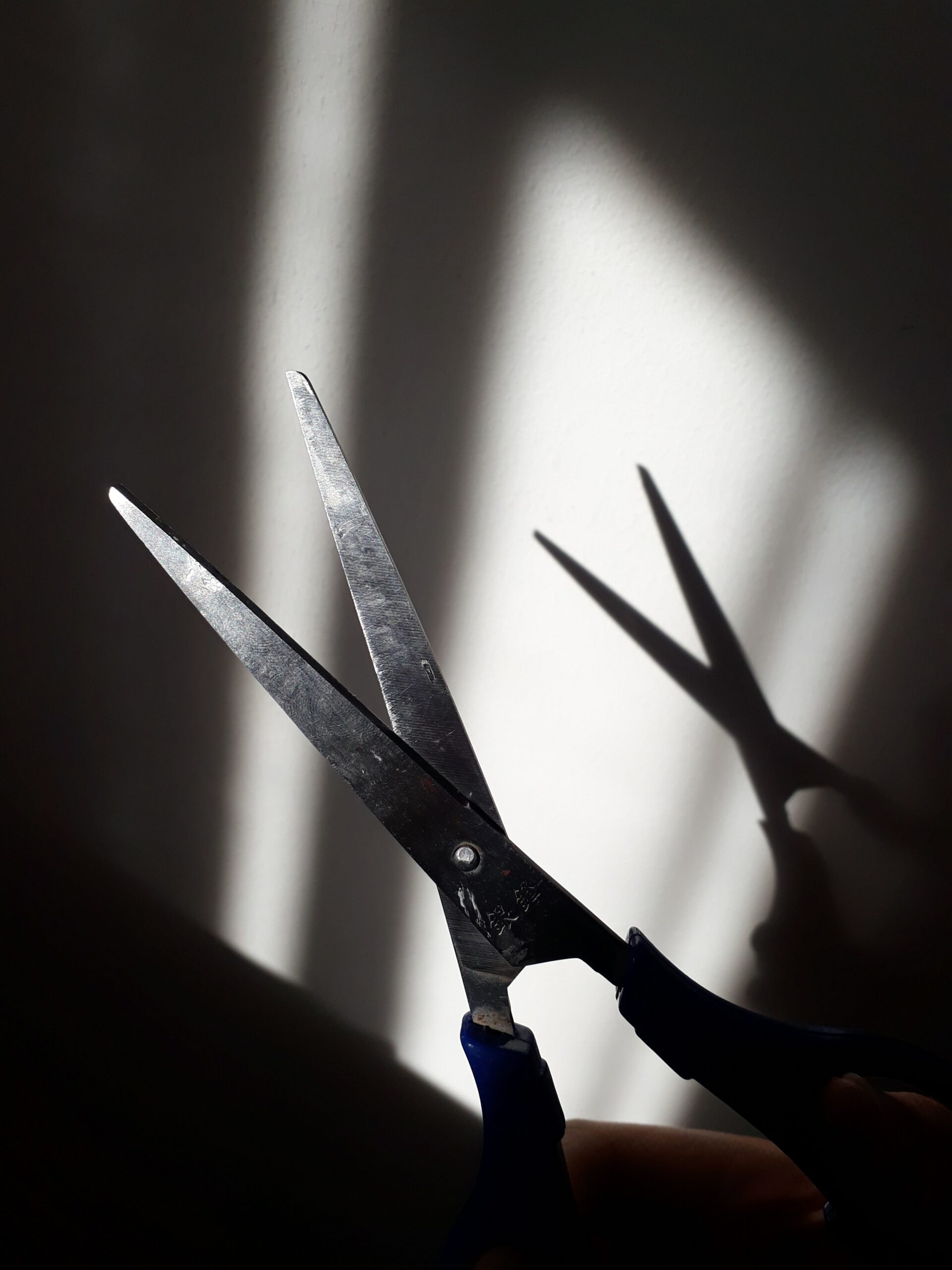by Kristin Ammerman
Bestselling authors such as Brandon Sanderson, Mary Robinette Kowal, Jeff Wheeler, Cassandra Clare, Neil Gaiman, and others write novels as well as short stories. There are several reasons why novelists also write short stories.
- Sense of accomplishment: Writing something shorter that can be accomplished in a month rather than a year (or years) is satisfying.
- Story testing: Trying out new characters or worlds on readers before creating an entire novel can be a wise investment of your time, as well as proof for a publisher that there’s a market for your story.
- Experimentation: Writing a new style or genre can stretch your skills. Forcing yourself outside your comfort zone will often improve your overall writing.
- Attention: If you’re building a platform (or audience), short stories are a great way to get attention from readers. You might also snag the attention of a coveted agent, editor or publisher, who frequently read magazines for new voices. Authors can publish solo, or as part of an anthology or in a respected magazine.
- Marketing: You can use your short story as a freebie to encourage newsletter sign-ups.
- Financial: most anthologies and magazines pay for the stories they publish.
No matter which pursuit lights you up, your short stories need to be riveting. So if you want to improve your short stories, pay attention, because we’ve asked Deep Magic E-zine (one of those awesome resources for getting published, paid, and increasing your exposure) to tell us which common mistakes sink a story and what you can do to make sure your short stories rock.
Kristin Ammerman is on the board of the E-zine and shared the following:
Want the inside scoop on what short story “judges” are thinking? We’ve got their words below so you can identify the priorities when you’re competing on a professional playing field. From that feedback, we’ve also pulled the top three short story mistakes that come across our desks every day at the E-zine (and we see a LOT of stories every day). So before you get started on your story, check out what not to do as well as our tips on how to strengthen your short stories!”
Mistake #1: No Hook (or a False Hook)
A hook means to literally “hook” your reader with the lines of your writing, preferably early in the story. Writers need to juggle several elements early in the story, and one of them includes the hook. You can successfully set this up in a number of ways, but the most popular are to:
- Get the reader wondering (without causing frustration).
- Drop the reader into the action.
- Introduce an interesting character.
- Do something that makes your reader want to keep turning the pages.
I have been impressed with how polished the writing has been, but without a hook, polished is boring.”
Roger Billings, lawyer, avid reader, and Deep Magic E-zine First Reader
(First Readers are preliminary deciders regarding whether a story gets more of our time and attention.)
Tip! Make sure you fulfill the promises you make early in the story. For example, let’s say you hook your reader in the first paragraph by saying, “Susie was faced with a terrible choice: sending her husband or her son to Mars to fight in the alien wars.” By the end of the story, then, Susie needs to have made this decision, or have an incredibly compelling reason why she didn’t. Otherwise, you’re not fulfilling the “promise” you made to your readers with your original hook.
If I’m not hooked, I’m not going to read further. The hook has to be quick, but also sincere—not just a ruse to keep me reading. If the hook-promise goes unfulfilled, I will reject the story.”
Lindsay Flanagan, professional editor and Deep Magic E-zine First Reader
Mistake #2: Tepid Tension
Tension is created by having high stakes in a story. It takes a real craftsman to create tension within the first page (along with all the other elements you’re weaving into the story). If there isn’t any inner conflict (irreconcilable self), environmental risk, or something to lose, then the tension is at risk of being too low.
Failure to create interest in the opening page or two will pull me out of the story and is likely to get a rejection. Avoid too much detail or description without creating tension.”
Brendon Taylor, lawyer, author, and founding member of Deep Magic E-zine
Tip! Spice up your characters. This is an indirect way of creating tension, but if readers have someone worth rooting for, the tension automatically increases.
If the characters have depth and complexity right from the beginning, the tension will be more interesting to me. I don’t need to fully understand the characters, but I need to have a sense of their motivations. Shallow characters put me to sleep right away.”
Kristen Pinto-Coelho, psychology student, fantasy fiction fan, and Deep Magic E-zine First ReaderIf I don’t care about the characters or their problems right away, I just won’t read past the second page. I need some sort of tension, mystery, or problem to cling to from the beginning.”
Jeff Wheeler, bestselling author and founding member of Deep Magic E-zine
Mistake #3: Abrupt Ending
Surprisingly enough, this is our number-one complaint. When stories end abruptly, that’s a sign we didn’t get the proper third act of the story; we are missing the descending action and wrap-up.
Just because it’s a short story doesn’t mean an author shouldn’t take the time to properly resolve it.”
Shannon Hall, English literature student and Deep Magic E-zine First ReaderSome stories were very good, but the ending was so abrupt, I thought it was a mistake.”
Sarah Bran, art student and Deep Magic E-zine First Reader
Tip! If you’re getting feedback that your story is ending too abruptly, this is a good problem to have for two reasons: 1) This is a sign that your reader was really into your story; she wanted time to say good-bye to your characters and world. 2) Fixing the last couple of pages is much easier than re-vamping a character, changing the tone, or revising other threads that are woven throughout the whole story. All your reader is wanting is more of your writing at the end!
Knowing where to focus is key to wowing a reader. So now that you’ve got that down, let loose, be creative, and have fun!
Your turn:
Do you have any tips for people writing short stories? Share them below!






Great article, Kristin. I like the way you set out a list of some of the top issues with short stories you receive/analyze and, more importantly, give some tips to correct the problems.
Thanks, again, Kristin. I hope everyone is paying attention, because this is what gets you through the doors!
It was so much fun working with you, Angela, on this article for Eschler! I hope the readers like it. I enjoyed doing the research and working with our entire team to drill down on the stories and analyze the top reasons we rejected stories. There are so many good writers out there, one has to research the type of stories the publisher is picking up as well as master the techniques we shared.
In response to # 3 (abrupt endings): I’ve gotten a fair amount of feedback in rejections letters regarding endings. At first, editors were telling my stories ended abruptly and they wanted more. More recently, I’ve been told I wrapped things up too neatly. There needs to be a balance between the too, but it is really hard to get it right.
Sara, thanks for your comment. My advice would be to read stories of your genre, as many as you can, and analyze how each writer handled the ending. We can all learn from the success of others.
Also, read Poe, Lovecraft, Cheever, Alice Munro, Isak Dinesen, Grace Paley, George Saunders, Paul Bowles, Ray Bradbury, James Joyce, Mavis Gallant, Jerzy Kosinski, Stephen King, Isaac Asimov, Updike, Fitzgerald, Faulkner. The list is a long one. Surely you will be inspired by reading any of these fine writers, and then you will be able to craft a terrific ending on your own. Keep writing!
Great advice! I’ve been turning my attention to short story writing as a way to more quickly get something published. These are great tips. Thanks you. – Amy
http://stylingrannymama.com/
I’m a firm believer that great literature consist of the three E’s: encouragement, enlightenment, and entertainment. Most stories have one of the three, others have two, but it’s a rarity when all three are present. When are three elements are present, we’re bearing witness to a classic. I love stories that inspire, teach, and make me glad that I invested time in them. When fiction can influence reality, that’s great writing.
Essentially a hook is a promise. Writers are liars, and bad liars make big promises. I once asked my dad what the purpose of the first sentence was, and he said, “To get the reader to read the second sentence.” Hooks should be compelling, but subtle.